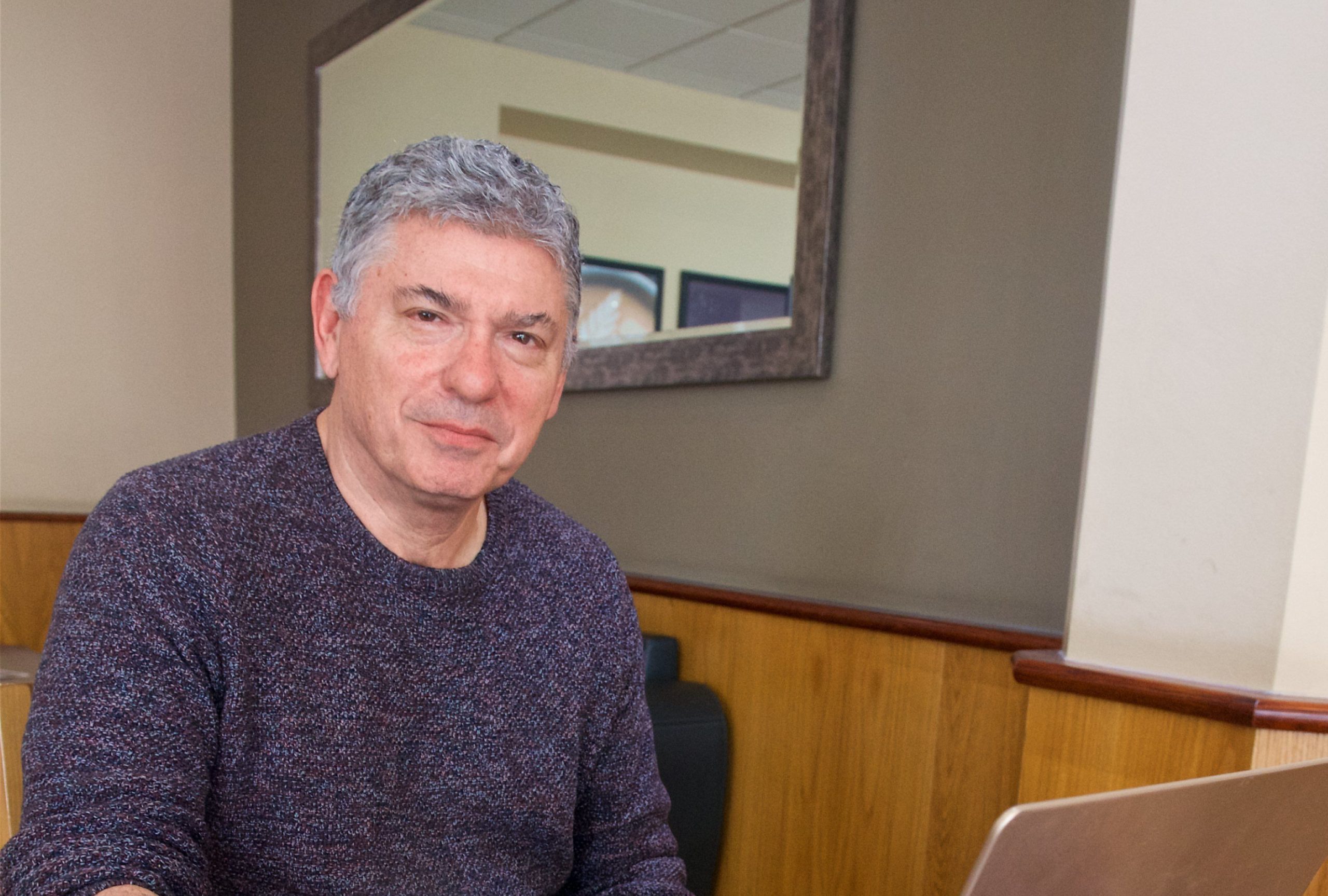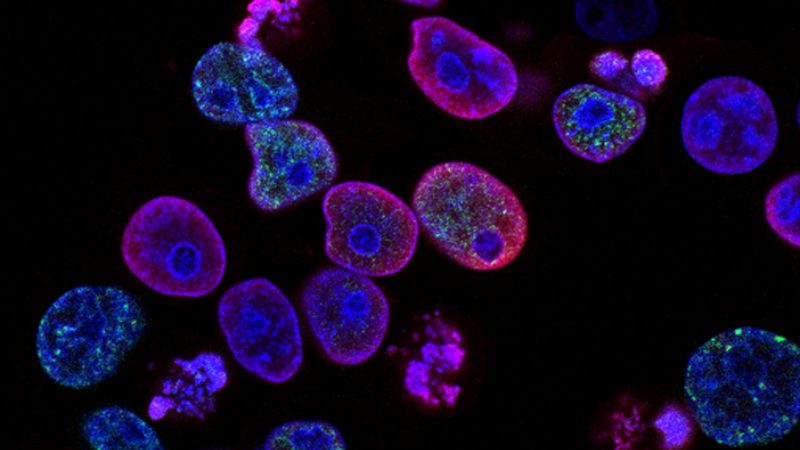'Teaching practices this decade must reflect the growth of digital education following the pandemic'


By Dennis Sale
YOU may be thinking, why just this decade? There is a reason, and it is that predictions on most things ‘societal’ beyond a decade or so are becoming increasingly speculative. Those who follow the ruminations of global futurists will have noted negative and positive frames on human progression. Pessimistic frames are those of environmental catastrophe, increasing poverty and the possibility of nuclear war.
Other futurists, such as Kurzweil (2005), argue that significant developments in genetics, robotics, information-communication technologies and nanotechnology will result in a radical evolution of our species. This, apart from significantly extending human lifespan, will also increase other capabilities through bionic enhancement, the transformation of physical health and cognitive capability, as well as the possibility of connecting IT and brain neural networks.
Hence, the framing of what constitutes future-teacher expertise should be evidence-based on what are noticeable emerging trends and seem at least highly probabilistic in the shorter term.
Certainly, the Covid experience has both highlighted and exacerbated the global development towards more blended and online learning in the coming years. This may vary in form and extensiveness across different educational sectors, but research on the impact of technology-based learning suggests that students in blended-learning formats perform better than when in either face-to-face or fully online environments (Means et al, 2010).
Furthermore, according to the Educause 2019 Horizon Report: ‘Students report a preference for blended learning, citing flexibility, ease of access and the integration of sophisticated multimedia.
‘Another significant factor is the increasing demand for high-quality flexible access learning opportunities with reduced costs. As Miller (2016) summarises… “one reason that interest in technology is exploding is that it is easier and cheaper than before”.’
As a consequence, teachers will need to acquire competence in using technology platforms – increasingly referred to as EdTech. This also encompasses the utilisation of artificial intelligence, especially the use of learning analytics. In summary, LA involves collecting, categorising, measuring, analysing and presenting data about learners’ performance. The potential benefits for teaching and learning include:
Most significantly, along with EdTech competencies, expert teaching must be based on what I have referred to as pedagogic literacy and creative teaching competence (Sale, 2020). In summary, this encompasses understanding and applying ongoing research findings on how humans learn (e.g., from the fields of cognitive psychology and neuroscience) and what instructional methods work best and how.
Through the effective, efficient and creative integration of pedagogy [the study of teaching methods] and technology, teachers will be better able to quickly identify and understand individual student learning needs and difficulties, and design and facilitate appropriate instructional interventions – and assess their effectiveness in practice.
I am old enough to remember teachers dictating notes for a full two-period lesson – and this was most lessons. My A-level subjects were delivered in such a manner, and the main challenge was to catch enough of the teacher’s talk to be able to decipher my notes later in the day and write them up in a clearer format. Let’s not blame anyone, however, as there was little knowledge of evidence-based cognitive science in the teacher education programmes of the time. Things are different today. After surveying the research findings, Darling-Hammond and Bransford (2005) concluded: ‘There are systematic and principled aspects of effective teaching, and there is a base of verifiable evidence of knowledge that supports that work in the sense that it is like engineering or medicine.’
I would envision the profession becoming increasingly evidence-based, in similar ways to what we have seen in medicine. The depiction of the medical profession by Thomas (1979) before the drive towards evidence-based practice is an interesting comparison: ‘It is hard to conceive of a less scientific enterprise among human endeavours. Virtually anything that could be thought up for treatment was tried out at one time or another, and, once tried, lasted decades or even centuries before being given up.
‘It was, in retrospect, the most frivolous and irresponsible kind of experimentation, based on nothing but trial and error, and usually resulting in precisely that sequence.’
One would be shocked if, on a visit to a modern medical centre, the doctor produced a saw, a collection of leeches, and asked you to drink a large dose of alcohol. We are now seeing increasing sophistication of practice through an entire range of complex technology infrastructure.
Teacher expertise will likely progress in similar ways, and this will require a wider depth and breadth of knowledge bases and competencies.
APJ Abdul Kalam referred to teaching as ‘a very noble profession that shapes the character, calibre and future of an individual’.
Indeed, educators have always played the role of catalysts for various societal changes, and, as William Glasser noted, ‘effective teaching may be the hardest job there is’.
From my perspective, expert teaching must encompass high competence in all matters of curriculum development, facilitation of learning, and assessment. However, this should also include a systematic responsibility for helping the young to develop the capability to be self-directed learners able to tackle the existential challenges that are now glaringly obvious in this so-called VUCA (volatile, uncertain, complex and ambiguous) world. ‘Teachers can play a crucial global role, transcending cultural differences and collectively working towards developing both an educated mind and a better moral landscape in student profiles (Sale, 2020).’
Of course, how this will play out alongside the increasing administrative and other work that teachers are required to do is worrying.
Indeed, in the UK the National Education Union, ahead of its annual conference this year, published data revealing that 44% of teachers planned to leave the profession by 2027. In a survey of 1,788 teachers, a fifth (22%) said they would leave within two years.
In summary, there are optimistic frames on what teacher expertise can become. But how the realities will emerge and develop in different countries, different schools and for individual teachers is less predictable.
What is certain, however, is that its importance is a global concern, and the outcomes will be significant for future directions in human conduct and societal progression.
-
Dennis Sale worked in the Singapore education system for 25 years as an adviser, researcher and examiner. He coached over 15,000 teaching professionals and provided 100+ consultancies in the Asian region. Dennis is author of the books Creative Teachers: Self-Directed Learners (Springer 2020), and Creative Teaching: An Evidence-Based Approach (Springer, 2015). To contact him, visit dennissale.com.





